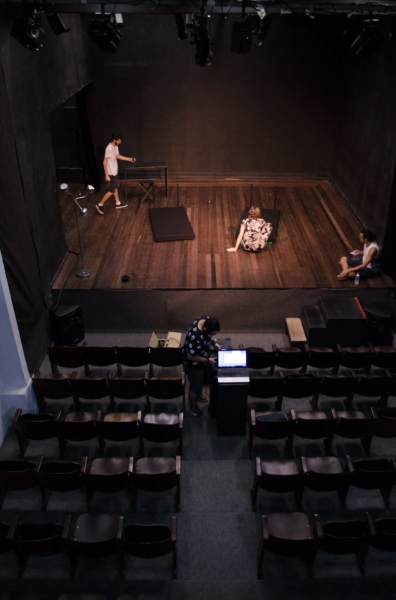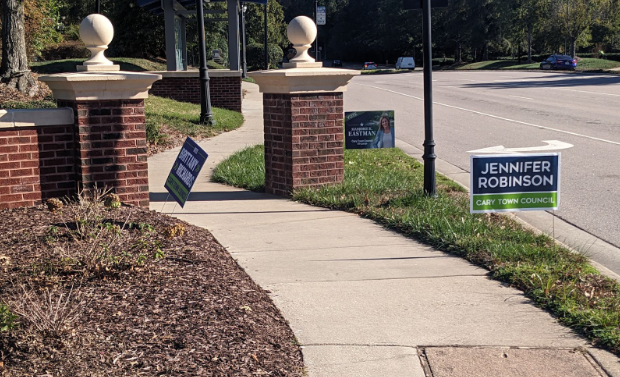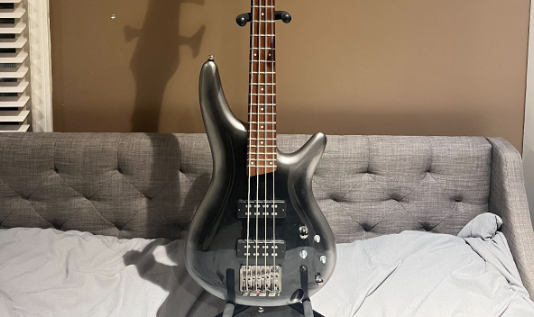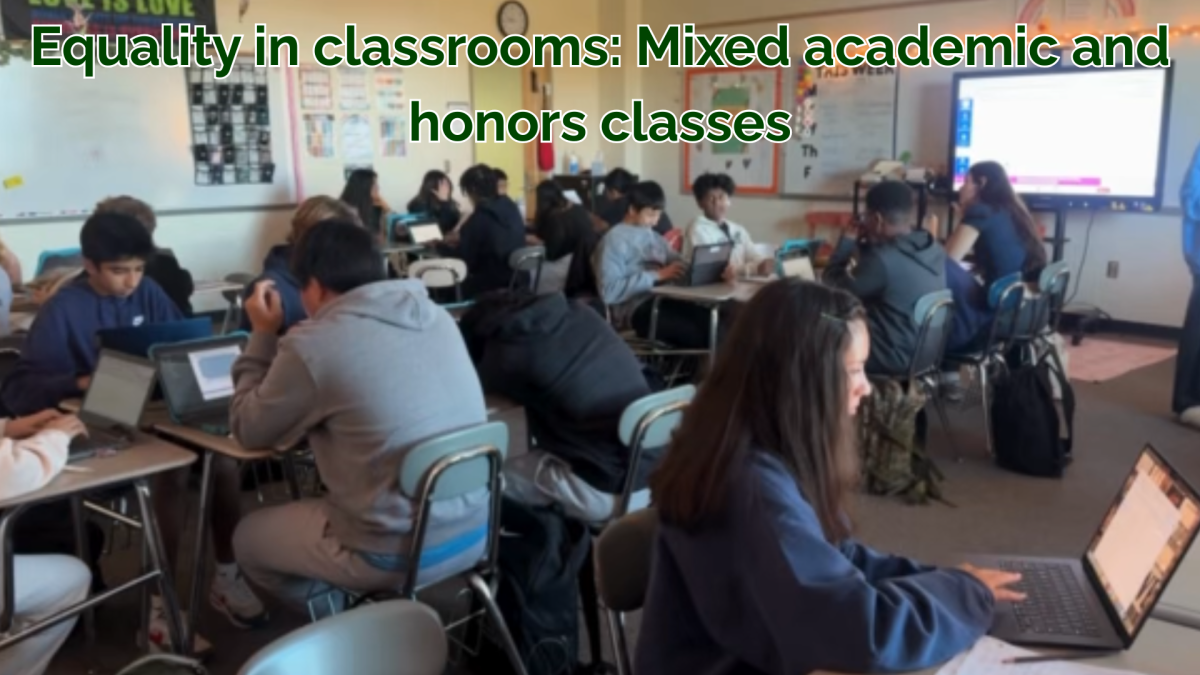After six months of the Writers Guild of America (WGA) Union representing 11,500 Hollywood writers on their strike for better pay and job security against artificial intelligence (AI) threats, the union negotiated an agreement on Sept. 27 with some of the industry’s most well-reputed production companies, including Lionsgate, Warner Bros, Marvel Studios and Paramount, starting the process to end the months-long strike. The contract in motion with the WGA and Alliance of Motion Picture and Television Producers (AMPTP) has established a three-year agreement negotiating issues on job security, residual and future payments. The contract is currently being ratified by the WGA.
The WGA released a formal statement as negotiations near the end, stating that it would continue to “secure the best deal we can for writers.” The contract agreement will be formalized and put into motion in the upcoming days.
In an interview with the GH Falcon, Green Hope student Paige Luecke (‘25) elaborated on her thoughts on the strike and the changes she foresees in the creative industry going forward. “I believe that now that the writers have somewhat come to a conclusion, projects will be put into motion,” Luecke said. “But I don’t think television series or movies that have been renewed for another season or were expected to begin filming during or around the time the strike began will begin filming until the actors conclude their strike.”
As the Screen Actors Guild – American Federation of Television and Radio Artists (SAG-AFTRA) union strike reaches its four-month mark, movie and television show production is also at a standstill. The strike began July 14 of this year when 160,000 actors currently being represented by SAG-AFTRA went on strike. The actors then united with the WGA union in its efforts due to similar goals of better and residual payment and job security. At the present moment, the strikes have cost 5 billion dollars in California’s economy in the past six months.
Productions for late-night shows have already resumed, including CBS’s, “The Late Night Show with Stephen Colbert,” ABC’s “Jimmy Kimmel Live!” and NBC’s “The Tonight Show starring Jimmy Fallon”. Numerous hosts opened their first show after the strike with jokes and comments referencing the strike.
Many restrictions have been set in place regarding guest stars that may appear on late-night shows, most of which are actors. Restrictions were put in place to ensure that it does not interfere with the ongoing SAG-AFTRA strike. One restriction pertaining to the ongoing actor strike details that guest stars currently involved in the strike are only allowed to appear on the late-night shows to promote self-projects and are not allowed to be on such shows if the streaming services of the late night show is directly impacted by the strike.

In an interview with the GH Falcon, Emmy-nominated Los Angeles casting director Seth Yanklewitz spoke about the active process currently underway. “The actor strike should end by the end of next week, they are currently in deep negotiations, they have already been through two rounds on negotiations with the producers and are going back today for another round of negotiations,” said Yanklewitz, who explained that artificial intelligence (AI) and residual payments were the two largest reasons behind the actor strike.
Interim agreements produced by the SAG-AFTRA union have been updated to ensure that both the WGA and SAG-AFTRA unions representing the strike make efforts to move the ongoing SAG-AFTRA strike forward while continuously working with WGA to ensure that the two unions do not lose the progress they have accomplished in the past several months.
The SAG-AFTRA union released a formal statement stating that an interim agreement was created temporarily to allow creative professionals to continue making money. “We created the interim agreements for several reasons, all of which are aimed at protecting the interests of our members and members of sister unions, so that journeymen performers and crew may continue to work and pay their bills while demonstrating to the AMPTP that independent producers are eager to work with our members under these terms.”
Yanklewitz said that actors are able to work despite the ongoing strike, and that he is able to resume his duties as a casting director on his productions. “The only way actors have been able to work is if the production gets a interim agreement, which is more directed towards smaller productions because they are not directly connected with the AMPTP, I myself had two interim agreements which allowed me to keep working and going through castings, as long as there is a interim agreement they could keep working,” he said. Yanklewitz further spoke about the industry after the negotiations are completed. “Once the strike is over, everybody will go back to work where ever they can.”
As both companies and individuals attempt to continue their strike, the artistic community is able to continue producing movies and television series within the upcoming months.










































































